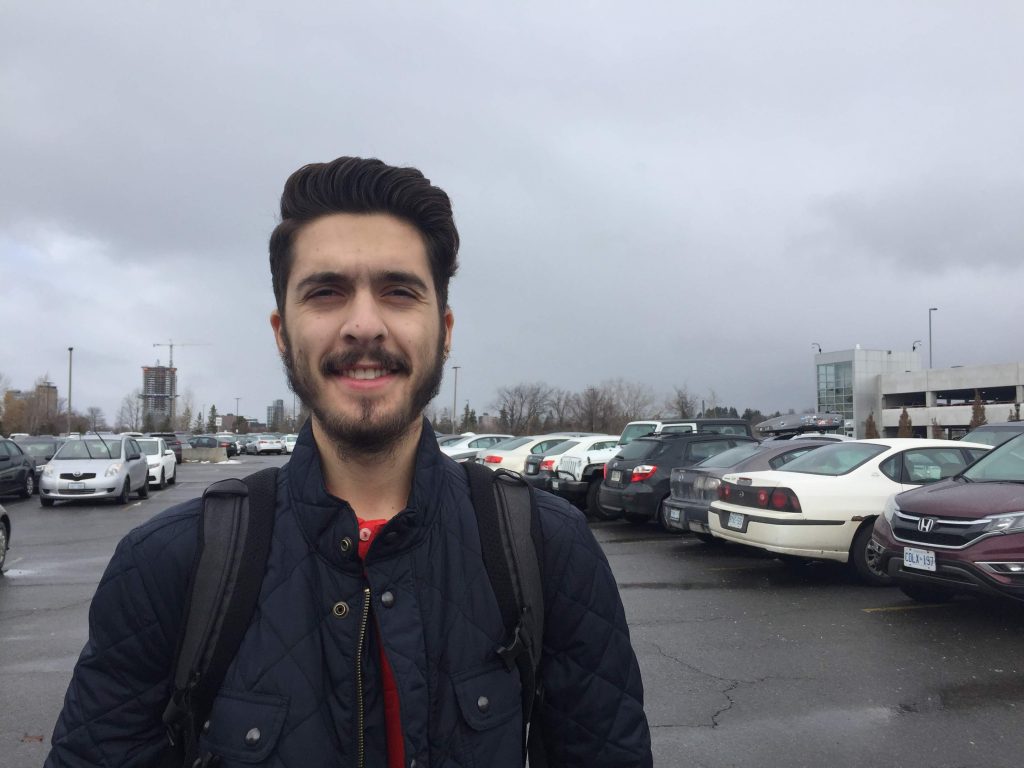The number of tickets issued for parking exceeding three hours at the area across Carleton University’s main entrance has increased nearly 70 per cent from 2015 to 2017, according to an analysis on Ottawa’s parking-ticket violation data obtained through a municipal freedom-of-information request. The city collected $15,125.50 from fines in the area around Bronson and Sunnyside Avenue.
Parking exceeding three hours means parking beyond the time limit on a street with no posted signs between 7 a.m. and 7 p.m. during weekdays, according to the City of Ottawa’s traffic and parking by-law.
Ian Miller, the City of Ottawa’s communication officer, said an email, although there has been an increase in tickets issued, the city is unable to say why.
Kevin Simas, a Carleton University student, is one of many who parks along this street for more than three hours.
He said he had always parked there and had never received a parking ticket until three weeks ago.
“Getting the parking ticket made me feel horrible,” Simas said. “I’ve gotten $20 tickets before for parking past midnight or whatever the regulations were, but $50 for exceeding one hour on a residential street in Ottawa is too much.”

Tania McCumber, the city’s Parking Enforcement and the Licensing Compliance Unit program manager, said in an email, that parking tickets are meant to deter residents from violating the traffic and parking by-law. The prices for violation fines go through an application process, which will be approved by the Regional Chief Justice.
“Fines for parking violations are based on the severity of the violation. For example, a fine for parking in excess of the posted time limits ($60) is lower than the fine for stopping in a no stopping zone ($120), as the latter violation may pose an issue of public safety,” she said.
Simas said he parked in that area because he didn’t want to pay for parking at Carleton University.
“I didn’t want to spend money to park because I come to campus every day,” he said. “I just don’t want to pay four or five dollars an hour or however high the rates are.”
He said parking fees on campus should be around one or two dollars.
Parking rates at Carleton University range from $3.50 an hour with a maximum of $14 for four hours, according to the university’s website.
The city currently doesn’t have any garages or parking lots in the immediate vicinity of any post-secondary institutions, including Carleton University.
Scott Caldwell, the City’s area manager of transitway and parking, said in an email, there are conditions to designing parking spaces based on local conditions, environmental standards and the general layout of the facility.
Simas said he will continue to park off-campus unless he’s running late to class.

